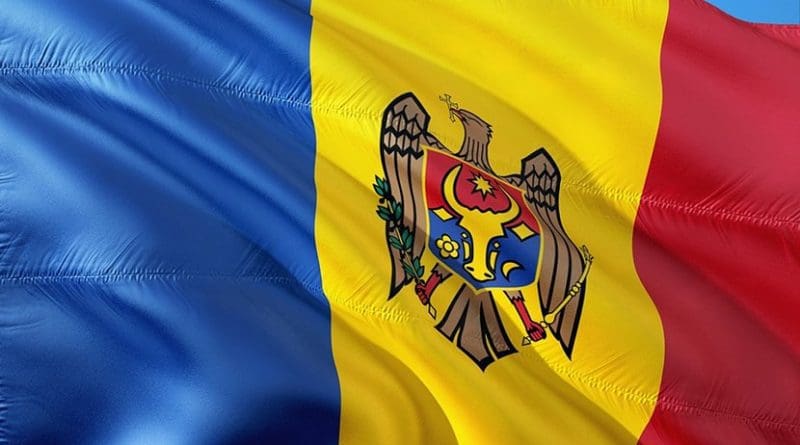Moldovan Elections: Instability Ahead? – Analysis
Given that the Moldovan authorities have come under fire in recent months due to declining democratic standards within the country, it is unsurprising that the recent parliamentary elections (24 February) have been marred with accusations of electoral fraud.
No party managed to secure a clear majority to form a government, with the Socialists capturing 35 seats and the Democrats securing 30 seats. The Electoral Bloc of ACUM DA-PAS also fared well, giving the obstacles which was placed before it, winning 27 seats.
Over the course of the next few weeks, elected representatives in Moldova will meet and attempt the difficult task of forming a new coalition for the country.
The Socialists foreign policy stance is markedly different from both ACUM DA-PAS and the Democrats. The Socialists are strong advocates for closer ties with Russia and were supported by Vladimir Putin in the run up to the elections. In contrast, the Democrats are considered to be nominally pro-European, while ACUM DA-PAS are staunchly pro-European.
Despite the supposed similarity in their geopolitical outlook, it is unlikely that the ACUM DA-PAS and the Democrats will form a coalition. The Democrats have come under fire from the European Union in recent months for the lack of an independent judiciary and endemic corruption within the country. In the run up to the election, Maia Sandu, Andrei Năstase and other members of the bloc sought to capitalise upon this by running on an anti-corruption ticket.
Heated accusations were also made by both sides in the lead up to the elections. In November of last year, Năstase and Sandu were accused of working with an NGO that the Moldovan authorities alleged was funded by Moscow. In the days before the elections both Sandu and Năstase claimed that they were poisoned by the authorities.
The possibility of a coalition between any of the three largest parties elected cannot be completely ruled out, but differing geopolitical outlooks and prior accusations make it unlikely. A government may also be formed by one of the parties entering into a minority coalition with the Șor Party, who received 7 seats.
The Șor Party is a conservative party led by Ilan Șor, a Moldovan Businessman and mayor of Orhei, who was implicated in the theft of one billion dollars from the central bank of Moldova in 2014.
Despite declaring that they would not enter any alliances, it is always possibly that the Șor Party may choose to do so. Despite the fact that this party is thought to have pro-Russian leanings, ideologically it is seen as a right-wing party, making an alliance between it and the Socialists unlikely. Given its supposed pro-Russian leanings, and prior accusations of fraud, it is unlikely that the Șor Party will enter into an alliance with either the Democrats or ACUM DA-PAS.
Over the course of the next few weeks, Moldovan deputies will attempt to forge some form of governing coalition. While this may seem unlikely, it is certainly not impossible. Should they fail to form a functioning government in the next 45 days, President Igor Dodon will be able to dissolve the parliament and call new elections as early as June.

